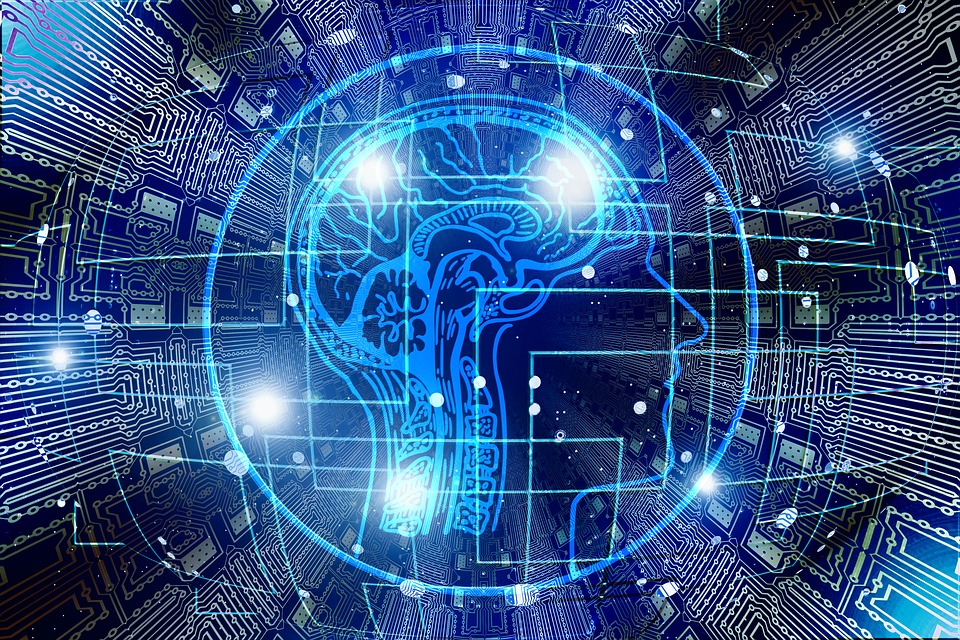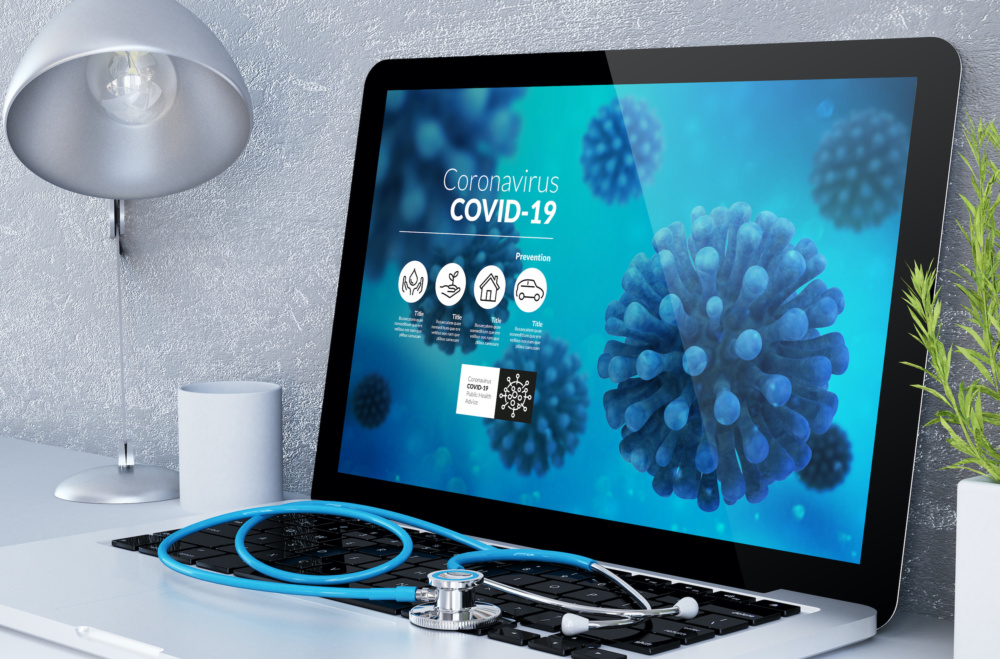How Robotics and Machine Learning could change the way we work
By Marina Biljak
Rapid advancements in technology are fostering in the age of the world’s fourth industrial revolution. Robotics and artificial intelligence (AI), also known as machine learning, are already easing their way into workplace environments around the world, creating an era of big data. Although we have relied upon machines to maintain and improve efficiencies in production lines since the early-to-mid 20thcentury, few could have predicted that machines would be able to undertake activities requiring physical and cognitive attributes.
There are arguments at either end of the spectrum as to whether robotics and machine learning will enhance human employment or become the death knell of jobs as we know them.
The use of the word ‘robot’ was coined by in 1921, derived from the Czech word ‘robota’ meaning forced labor. Ironically, some experts predict this latest industrial revolution could see labor drying up considerably for the world’s human workforce. Vasant Dhar, a professor at the New York University’s Stern School of Business, believes that the world is due to face some “really severe challenges” based on automation and machine learning. Dhar said in a recent interview with McKinsey that the previous industrial revolution saw machines “assist” humans. However, this so-called fourth industrial revolution could be the first time we see machines relied upon to undertake tasks and make decisions instead of humans.
Should we be positive or concerned about the future of work?
It’s fair to say that even the experts don’t really know what the world of work will look like. In some industries, it may simply be a change in tact for some professionals. One only has to look at the way the banking industry changed following the installation of ATM machines around the world in the 1990s. There were concerns that automated tellers would lead to a decline in the number of bankers, but the role of humans simply moved into more added-value services, upselling to customers with other financial products wherever possible. Whether this will be possible across all types of industries and sectors remains to be seen.
The need for ‘collaborative intelligence’
It is important, however, for companies to understand what tasks humans do best and those that machines do best. The ability to fuse the strengths of the human workforce with the attributes of the machine could be the key to future-proofing a business. So, how are humans likely to outperform machines still in the future?
Paul Daugherty, senior technology leader at Accenture, believes humans will maintain an emotive edge over machines thanks to our ability to communicate, improvise and generalize. Meanwhile, machines will always be better than humans at memorization, processes and predictive tasks. The real skill in the future will be bringing this together to create ‘collaborative intelligence’ that makes humans more effective and productive.
Whether it’s customer care, project management, job recruitment or marketing, AI technology will take some time to weave its way into the frontline of business. But once it does, it will provide a fresh perspective on the traditional working model.
Josh Bersin, founder of Bersin by Deloitte, nails it brilliantly when he says that AI won’t “eliminate jobs”. Instead, it will “eliminate tasks of jobs and create new jobs”. Furthermore, those new jobs that are being created “are more human jobs”. The robots aren’t taking over; they are simply looking to make our lives that little bit easier.







Recent Comments